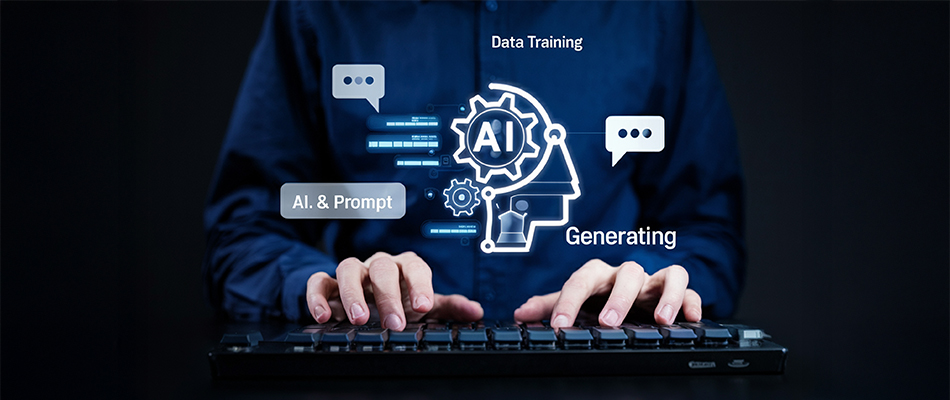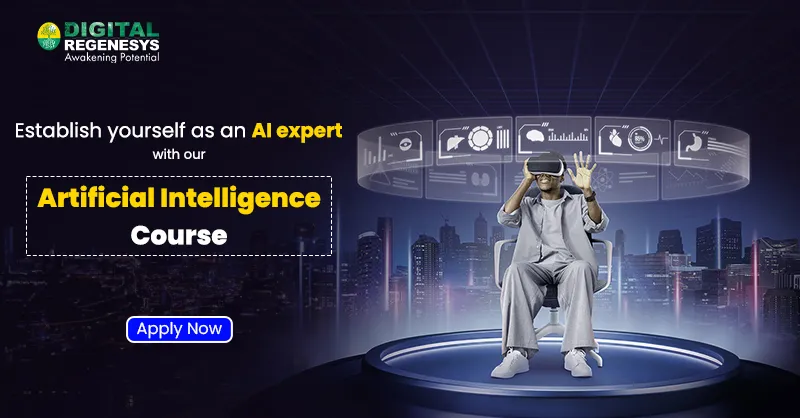Machine Learning Syllabus in South Africa

The demand for ML skills is rising across businesses in South Africa. Many learners want to understand what the Machine Learning syllabus in South Africa includes and how it builds practical knowledge.
The learning path is simple when the topics flow in a step-by-step manner and support real problem-solving.
In this blog, you will explore the core subjects, project learning, career advantages, and how to start learning ML with confidence.
Introduction to Machine Learning
Machine Learning teaches computers to learn from data. It removes manual guesswork and builds smart systems. The ML Syllabus in South Africa focuses on skills that help learners read data, train models, test results, and build working solutions.
The goal is to make learners job-ready. Each subject connects to the next one to form a complete understanding. This steady learning path makes the Machine Learning Syllabus in South Africa effective for students, graduates, and working professionals.

Core Subjects in the ML Syllabus in South Africa
Every ML learner begins with basic subjects and gradually moves to advanced concepts. The core topics build strong fundamentals.
Main subjects include:
- Introduction to ML concepts
- Python for ML
- Data collection and data cleaning
- Statistics and probability
- Data visualisation
- Supervised and unsupervised learning
- Deep learning basics
- Model evaluation and improvement
These topics shape the entire Machine Learning Syllabus in South Africa in a simple, structured way.
Read about Machine learning trends
Details of Subjects and Skills Learned
A structured subject map helps learners understand what they gain from each module. The table below helps to understand the subject area and why it is important to learn about the same:
|
Subject Area |
What You Learn |
Why It Matters |
|
Python Basics |
Writing ML programs, using libraries like NumPy and Pandas, and handling data using simple code |
Learners gain the basic coding skills needed to build and run ML models confidently |
|
Data Handling |
Cleaning raw data, removing errors, transforming data formats, and preparing data for analysis |
Clean data improves the accuracy and performance of ML models |
|
Statistics |
Understanding averages, variance, probability, distributions, and data patterns |
Helps learners make sense of numbers, spot trends, and support logical decision-making |
|
ML Algorithms |
Learning how models like Decision Trees, Linear Regression, and K-Means work and how to train them |
Algorithms are the core of ML and help create working solutions for different problems |
|
Deep Learning |
Basics of neural networks, activation functions, deep models, and simple image or text recognition tasks |
Helps learners understand how advanced ML systems mimic human thinking |
|
Model Tuning |
Adjusting model parameters, testing accuracy, fixing errors, and improving output quality |
Better tuning creates smarter and more reliable ML models that perform well in real cases |
|
Deployment |
Using ML models in apps, websites, or workplace tools and integrating them with available systems |
Enables learners to take ML from classroom learning to real-world usage |
Each topic does not stand alone. It builds a block that supports the next stage of learning. When learners first understand how to clean and prepare data, they are better prepared to apply statistics. With statistics in place, they can choose the right ML algorithms with confidence.
After training algorithms, they move toward deep learning, model tuning, and finally deployment. This smooth flow allows learners to grow step by step, turning raw data into a complete, working ML system that solves real problems.
Get insights about how to become a prompt engineer.

Key Skills Gained During the Learning Journey
The Machine Learning Syllabus in South Africa not only teach theory. It builds real skills that match workplace needs.
Learners develop skills such as:
- Logical thinking
- Data handling
- Coding confidence
- Decision making
- Performance testing
- Problem solving
These skills prepare learners for multiple roles across industries.
Also, read about what a data analyst does?
Projects and Practical Learning
Hands-on practice is a major part of the ML Syllabus in South Africa. Real projects help learners apply classroom concepts.
Sample project ideas:
- Predicting house prices
- Classifying images
- Detecting fake news
- Forecasting sales
- Sentiment analysis on customer reviews
Practical tasks make the learning experience realistic and job-focused. Students learn to think, build, and fix on their own.
Career Paths After Completing ML
Completing the Machine Learning Syllabus in South Africa opens many opportunities. Businesses want talent that can automate tasks and improve decisions using data.
Career roles include:
- ML Engineer
- Data Analyst
- AI Specialist
- Data Scientist
- ML Researcher
Salaries grow with skills, portfolio projects, and hands-on knowledge.
How Digital Regenesys Can Help You Learn ML?
Digital Regenesys offers structured ML training through an Artificial Intelligence certificate course, designed for clear learning and practical application. Each topic is taught step by step to reduce confusion and build confidence. Learners work on practical projects, assessments, and guided practice to apply concepts rather than memorise them.
They also benefit from expert trainers, live interactive sessions, and real case studies that connect academic learning with workplace requirements.
Key features of Digital Regenesys:
- Industry-aligned curriculum focused on real business use cases
- Hands-on learning with modern ML tools and practical implementation
- Personalised academic support and mentoring throughout the course
- Live classes backed by self-paced content for flexibility
- Access to real case studies and business-focused projects
- Capstone project guidance and portfolio-building support
- Globally recognised certification that strengthens career opportunities

Conclusion
Machine Learning is the future of smart technology and business growth. The ML Syllabus in South Africa provides a simple, step-by-step way to gain the right skills.
Theory and practice go hand in hand to prepare learners for real work and global career opportunities. The path becomes smoother with the right support, guidance, and projects.
Join Digital Regenesys to unlock your potential as a machine learning expert. Learn about subjects in the course and secure your future as a machine learning expert.
Last Updated: 19 January 2026